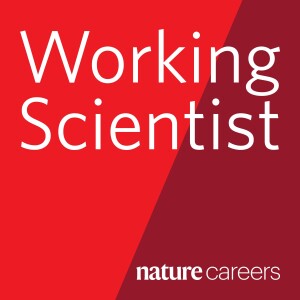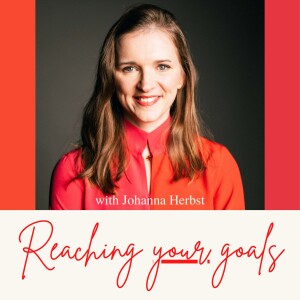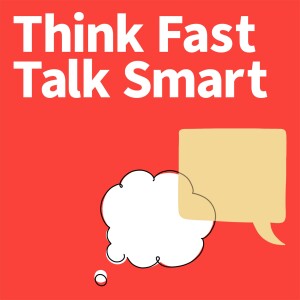
A child neurologist treating Christin Godale’s epilepsy was so impressed with his young patient’s interest in the brain he gave her some of his textbooks to read during an extended stay in hospital.
“He said I should consider a career in neuroscience. That moment really changed my life,” says Godale, who followed his advice and went on to research epilepsy for her PhD at the University of Cincinnati, Ohio.
Godale describes how at one point she was experiencing up to 30 seizures a day and spent periods in a coma, severely curtailing her quality of life, childhood friendships, and graduate school experiences.
“I’ve developed some habits to combat these cognitive impairments that I experience,” she says. “I find myself writing down everything that I’m learning in a lecture and hearing at a meeting.”
When the pandemic struck in March 2020 and labs shut down, Godale embarked on patient advoacy work and science communication via the Society for Neuroscience’s early career policy ambassadors program.
She lobbied Congress members to increase federal funding for neuroscience research, and in late 2021 decided on a career path that would involve her in both academia and industry, working for a seed fund focused on life science and digital companies in southwest Ohio.
“During my graduate studies, I networked a lot. I encourage any early career researcher listening to this podcast to prioritize networking while you’re in graduate school,” she says.
Hosted on Acast. See acast.com/privacy for more information.
More Episodes
How ice hockey helped me to explain how unborn babies’ brains are built
 2023-03-24
2023-03-24
The brain science collaboration that offers hope to blind people
 2023-03-17
2023-03-17
Social sponges: Gendered brain development comes from society, not biology
 2023-03-10
2023-03-10
What happens in our brains when we're trying to be funny
 2023-03-03
2023-03-03
Marvelling at the mystery of consciousness through a scientific lens
 2023-02-24
2023-02-24
Brain and behaviour: understanding the neural effects of cannabis
 2023-02-16
2023-02-16
Showing the love as a science leader: the emotional side of empowering and inspiring others
 2023-02-11
2023-02-11
Leadership in science: “There is nothing wrong with being wrong”
 2023-02-04
2023-02-04
Why empathy is a key quality in science leadership
 2023-01-28
2023-01-28
Mastering the art of saying no should be part of a research leader’s toolkit
 2023-01-21
2023-01-21
Leadership in science: how female researchers are breaking up the boys’ club
 2023-01-13
2023-01-13
Rescinded job offers and quarantine hotels: what lockdown lab moves taught us
 2022-12-09
2022-12-09
Moving labs: a checklist for researchers with disabilities
 2022-12-02
2022-12-02
‘The dumbest person in the room:’ moving labs and switching fields
 2022-11-24
2022-11-24
Moving labs, moving countries: how to get both right
 2022-11-17
2022-11-17
‘Trailing spouses’ and ‘two body’ problems: how to move labs as a scientist couple
 2022-11-10
2022-11-10
‘Is the PI a jerk?’ Key questions to ask when you’re moving lab
 2022-11-02
2022-11-02
More support needed to survive the mid-career stage in science
 2022-10-27
2022-10-27
Mid-career scientists: advice to our younger selves
 2022-10-20
2022-10-20
Why the mid-career stage in science can feel like a second puberty
 2022-10-12
2022-10-12
Create your
podcast in
minutes
- Full-featured podcast site
- Unlimited storage and bandwidth
- Comprehensive podcast stats
- Distribute to Apple Podcasts, Spotify, and more
- Make money with your podcast
It is Free
You may also like

The Business Of


Reaching your Goals


The $100 MBA Show


Think Fast Talk Smart: Communication Techniques


The Cardone Zone


The Ken Coleman Show


- Privacy Policy
- Cookie Policy
- Terms of Use
- Consent Preferences
- Copyright © 2015-2024 Podbean.com


 iOS
iOS Android
Android